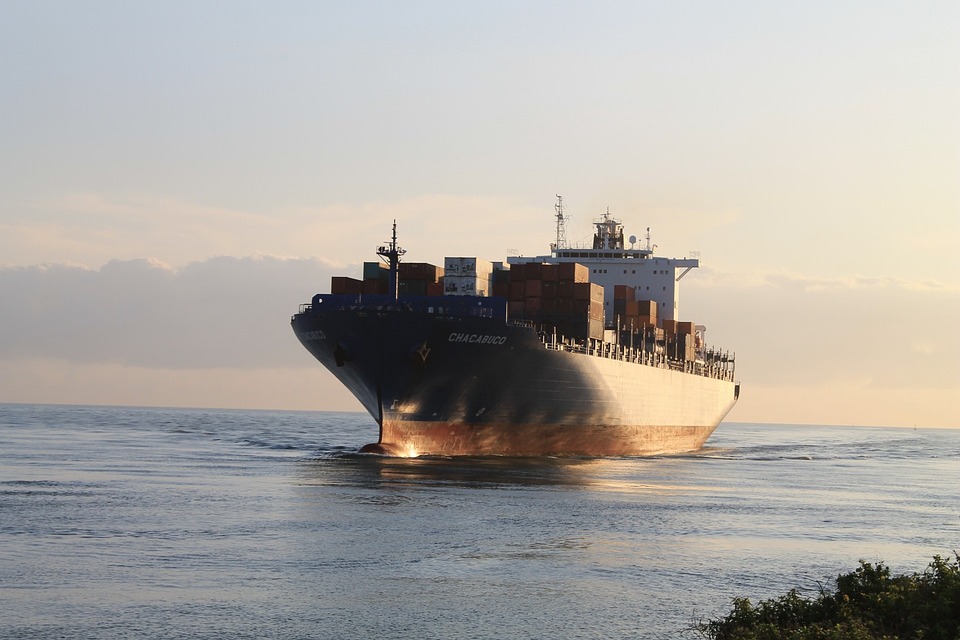Global Indices Futures: Navigating the Global Market Through Contracts
In the world of finance and investing, one of the most common ways to gain exposure to the global market is through index futures. These futures contracts are agreements to buy or sell a specified index at a predetermined price on a future date. They allow investors to take positions on the performance of a particular stock market index, without actually owning the underlying assets.
Global indices futures are a key tool for investors to manage their exposure to the world’s major stock markets, including the S&P 500, NASDAQ, DAX, FTSE 100, and Nikkei 225. By trading these futures, investors can gain exposure to a broad range of stocks and industries, without having to buy and sell individual stocks. This provides a level of diversification that can help manage risk and increase potential returns.
What are Global Indices Futures?
Global indices futures are financial contracts that obligate the buyer to purchase, and the seller to sell, a specific stock market index at an agreed-upon price on a future date. These contracts are standardized and trade on major exchanges, such as the Chicago Mercantile Exchange (CME) and EUREX. They represent a commitment to buy or sell a basket of stocks that make up the underlying index.
For example, a futures contract on the S&P 500 index represents an agreement to buy or sell the equivalent market value of all 500 stocks in the index. This allows investors to hedge their exposure to the overall stock market or take speculative positions on the direction of the index.
How do Global Indices Futures Work?
Global indices futures work by allowing investors to speculate on the future direction of stock market indices. When an investor buys a futures contract, they are agreeing to buy the index at a specific price on a future date. If the index price increases, the investor can sell the contract for a profit. Conversely, if the index price decreases, the investor will incur a loss.
Conversely, when an investor sells a futures contract, they are agreeing to sell the index at a specific price on a future date. If the index price decreases, the investor can buy back the contract at a lower price and profit from the difference. However, if the index price increases, the investor will incur a loss.
Global indices futures are settled on a daily basis through a process called marking to market. This means that any gains or losses on the contract are realized and settled each day. If the investor’s account balance falls below a certain level, they may be required to deposit additional funds to cover potential losses.
Why Trade Global Indices Futures?
There are several reasons why investors choose to trade global indices futures. One of the primary reasons is to manage risk and gain exposure to the overall market. By trading futures, investors can hedge their stock market exposure, protecting themselves from potential losses due to market downturns. This can be especially useful for institutional investors and portfolio managers who want to balance their overall portfolio risk.
Additionally, global indices futures provide investors with the opportunity to speculate on market movements and potentially profit from short-term price movements. This can be accomplished through both long and short positions, allowing investors to benefit from both rising and falling markets.
Another benefit of trading global indices futures is the high liquidity and trading volume provided by these contracts. This makes it easier for investors to enter and exit positions, and ensures that prices are efficient and transparent.
Finally, global indices futures can provide cost-effective exposure to a diversified portfolio of stocks. This can be especially useful for smaller investors who may not have the resources to buy individual stocks in the underlying index.
Risks of Trading Global Indices Futures
While global indices futures offer a range of benefits, they also come with a degree of risk. It’s important for investors to understand the potential downsides of trading these contracts.
One of the primary risks of trading futures is leverage. Futures contracts are highly leveraged instruments, meaning that investors can control a large amount of assets with a relatively small amount of capital. While this can amplify potential returns, it also increases the risk of significant losses. If the market moves against an investor’s position, they could incur substantial losses that exceed their initial investment.
Another risk of trading global indices futures is market risk. Stock market indices are subject to a wide range of economic, geopolitical, and market-specific factors that can cause volatility and uncertainty. This can lead to large price swings in the futures market, potentially resulting in substantial losses.
Furthermore, futures contracts are subject to potential counterparty risk. This means that if the counterparty to a futures contract defaults on their obligations, the investor may not receive their expected payments. However, this risk is mitigated by the fact that futures contracts are typically traded on regulated exchanges, which provide a high level of oversight and transparency.
Finally, trading global indices futures requires a solid understanding of the market and the factors that drive index movements. Without this knowledge, investors may struggle to make informed trading decisions and could incur losses.
FAQs
Q: What is the minimum capital required to trade global indices futures?
A: The amount of capital required to trade global indices futures varies depending on the specific contract and the broker. In general, futures contracts are highly leveraged, meaning that investors can control a large amount of assets with a relatively small amount of capital. However, it’s important to carefully consider the risks and potential losses when trading futures.
Q: What are the tax implications of trading global indices futures?
A: The tax implications of trading global indices futures vary depending on an investor’s individual circumstances and the laws of their country. It’s important to consult with a qualified tax advisor to understand the tax treatment of futures trading in a specific jurisdiction.
Q: Are global indices futures suitable for retail investors?
A: While futures trading is typically associated with institutional investors and professional traders, retail investors can also participate in global indices futures. However, it’s important for retail investors to have a solid understanding of the market and the risks involved in futures trading before getting involved.
Q: What are the trading hours for global indices futures?
A: Global indices futures trade on organized exchanges such as the CME and EUREX, which have specific trading hours. These exchanges typically have regular trading hours during the trading week, as well as extended hours for certain products.
Conclusion
Global indices futures are a key tool for investors to manage their exposure to the world’s major stock markets. These contracts allow investors to gain exposure to a broad range of stocks and industries, without having to buy and sell individual stocks. This provides a level of diversification that can help manage risk and increase potential returns.
However, trading global indices futures comes with a degree of risk, including leverage, market risk, and counterparty risk. It’s important for investors to understand these risks and have a solid understanding of the market before getting involved in futures trading.
Overall, global indices futures can provide investors with the opportunity to hedge their stock market exposure, speculate on market movements, and gain cost-effective exposure to a diversified portfolio of stocks. With the right knowledge and risk management, these contracts can be a valuable addition to an investor’s toolkit.




